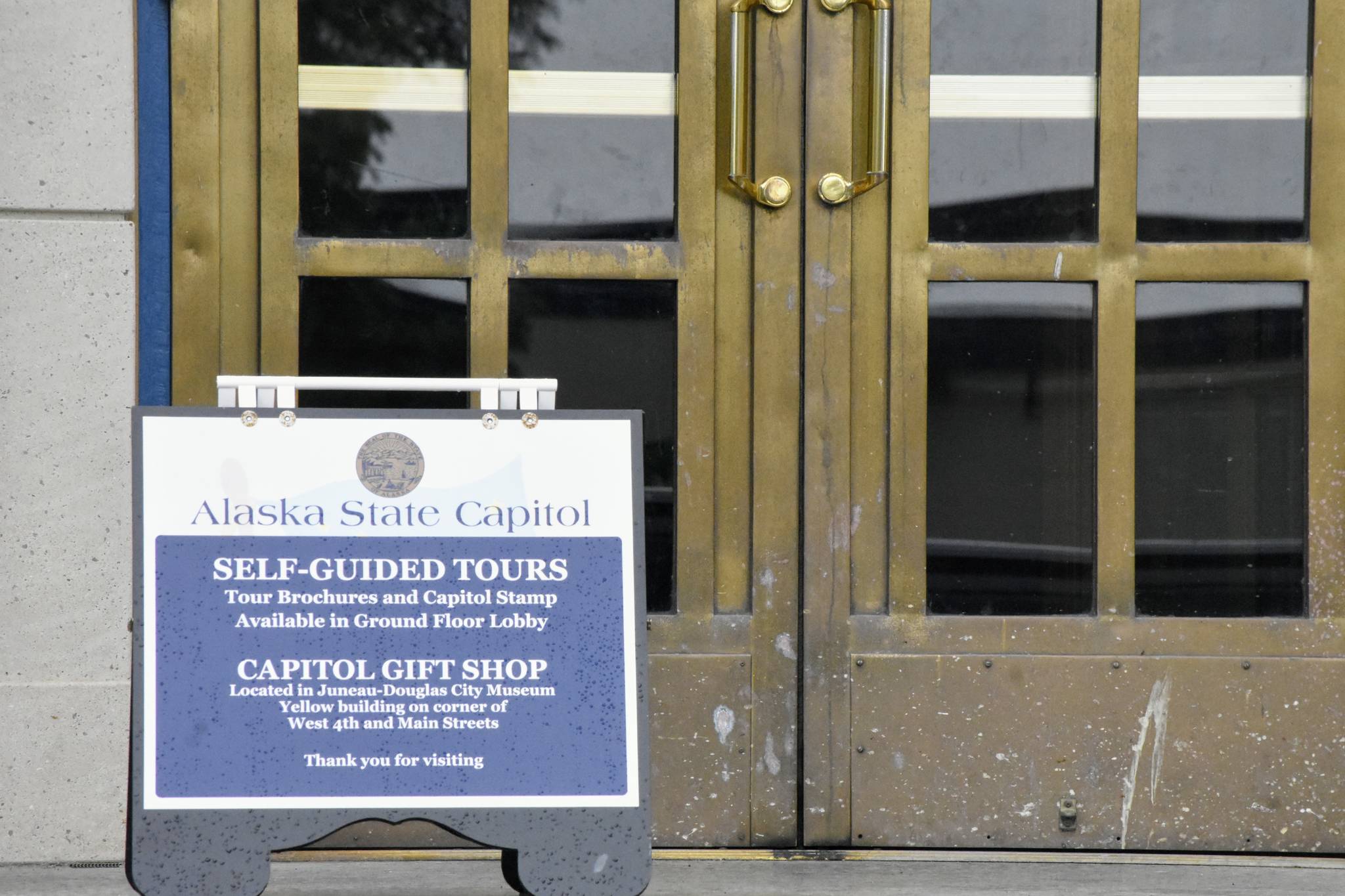Attorney General Treg Taylor asked for clarification from an Alaska Superior Court regarding an ongoing budget dispute between Gov. Mike Dunleavy and state lawmakers.
In a news release Monday, Taylor said the courts need to step in to resolve a dispute between branches of government.
The Alaska State Legislature passed a budget bill last week but the House of Representatives failed to get the votes needed for an implementation date. Without the date clause, Gov. Mike Dunleavy says constitutional provisions require 90 days before the law can be implemented, putting the budget’s effective date in mid-September. The governor called lawmakers back to yet another special session to renegotiate what he called a “defective” budget.
“The executive and legislative branches need clarity now from the courts as to whether the governor can, if the bill is enacted, spend money immediately despite (the budget bill) not taking effect until 90 days after enactment,” Taylor said.
But lawmakers from both parties say there are plenty of tools available to a governor to avoid this kind of situation, and in a meeting with reporters Friday House leadership discussed the possibility of legal action.
Taylor asked the court for a decision by noon Wednesday, June 30.
[Special session ends with budget disagreement, call for another session]
“We need the third branch of government to step in and resolve this dispute to ensure we all carry out our constitutional duties appropriately,” Dunleavy said in a release. “I will not ignore the constitution. I, along with my legal team, believe the Legislature should not ignore the constitution.”
House and Senate leadership did not immediately respond to request for comment.
Without a budget, state services will shut down July 1, the first time in the state’s history. Essential services like police and medical will continue to function but many others will cease operating. Moreover, thousands of state workers have already received notices telling them their position is slated to be cut. If lawmakers can pass a budget before Friday at midnight those jobs will remain but many employees cash in benefits or look for other employment, according to Sen. Jesse Kiehl, D-Juneau.
“Most state employees can take the cash value of their leave,” Kiehl said in a Friday interview. “People are already putting in for that right now.”
The state services that do shutdown will be disruptive not just to workers’ lives but to the economy as well, Kiehl said, as Alaskan workers and businesses that rely on state operations will be affected.
In a statement, the Alaska AFL-CIO called the shutdown unnecessary.
“A bipartisan group of legislators from both chambers crafted this common-sense budget. It protects essential public services while providing a sustainable dividend,” the statement said.
Dunleavy called lawmakers back to Juneau for a special session scheduled to start Wednesday, but whether they can come to an agreement before midnight, June 30, and avoid a government shutdown remains an open question.
• Contact reporter Peter Segall at psegall@juneauempire.com. Follow him on Twitter at @SegallJnuEmpire.

